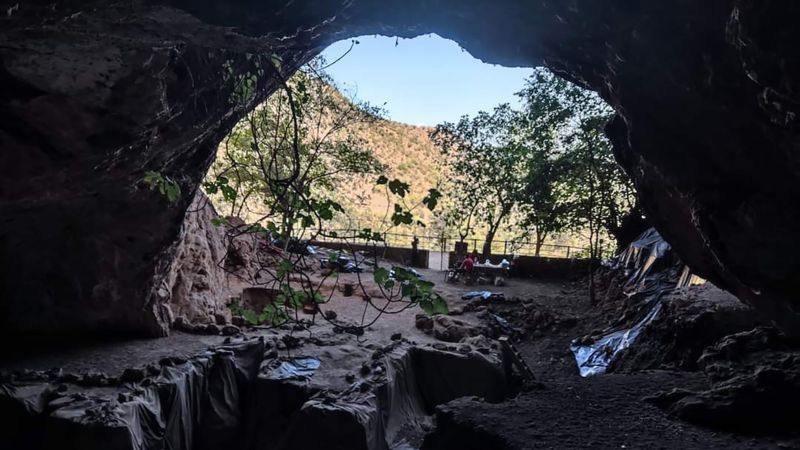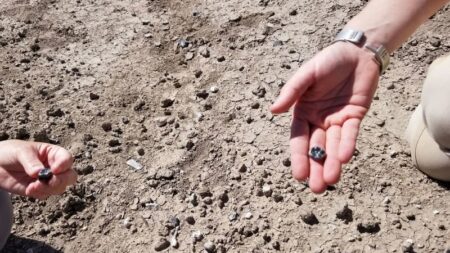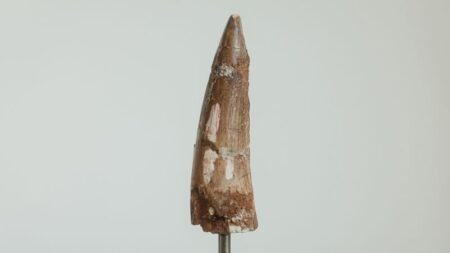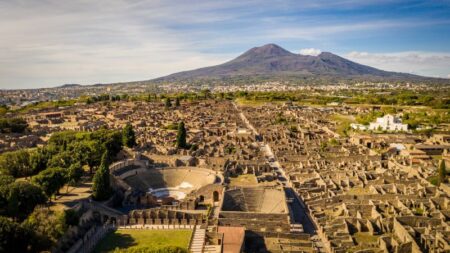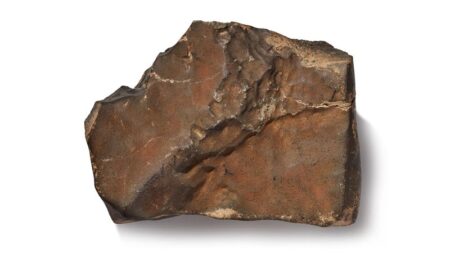In breaking news, a recent study published in the journal Nature Ecology & Evolution has shed light on the diet of ancient hunter-gatherers known as the Iberomaurusians. These individuals, who lived in what is now Morocco around 13,000 to 15,000 years ago, were previously believed to have primarily relied on meat for sustenance. However, new research utilizing stable isotope analysis has revealed that plants, not meat, were the main source of dietary protein for these Stone Age humans.
Lead study author Zineb Moubtahij, a doctoral student at research institutes in France and Germany, explained, “Our analysis showed that these hunter-gatherer groups included an important amount of plant matter, wild plants in their diet, which changed our understanding of the diet of pre-agricultural populations.” The findings challenge the long-standing stereotype that ancient humans mainly consumed meat.
Additionally, researchers observed a higher number of tooth cavities among the Iberomaurusian specimens, suggesting they consumed fermentable starchy plants like wild cereals and acorns. This discovery raises questions about the spread of agriculture across different regions and populations. Coauthor Klervia Jaouen noted, “While not all individuals primarily obtained their proteins from plants at Taforalt, it is unusual to document such a high proportion of plants in the diet of a pre-agricultural population.”
The utilization of stable isotope analysis allowed scientists to determine the dietary habits of the Iberomaurusians, indicating that they consumed both plants and animals. Botanical remains discovered at the site support the notion that plant processing took place in addition to animal butchering. The research suggests that the increased reliance on plant food may have been influenced by the availability of edible plants and perhaps a depletion of large game species.
While this study focused on one group of Stone Age hunter-gatherers, similar research in other regions, such as Peru and the Levant, has revealed comparable plant-based diets among ancient populations. These findings challenge popular dietary trends like the Paleo diet, which emphasize meat consumption. Overall, the research highlights the diversity and adaptability of human diets throughout history.






